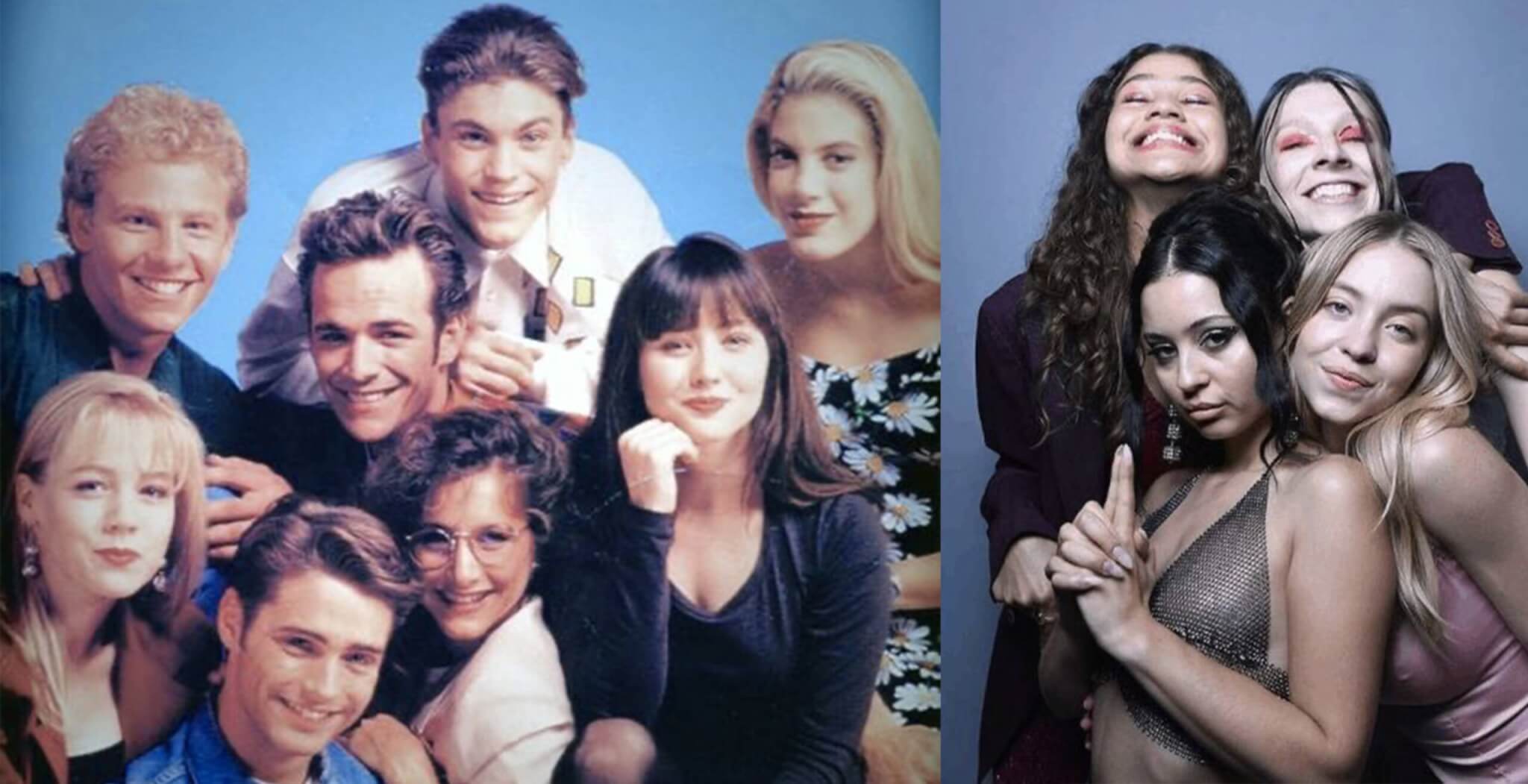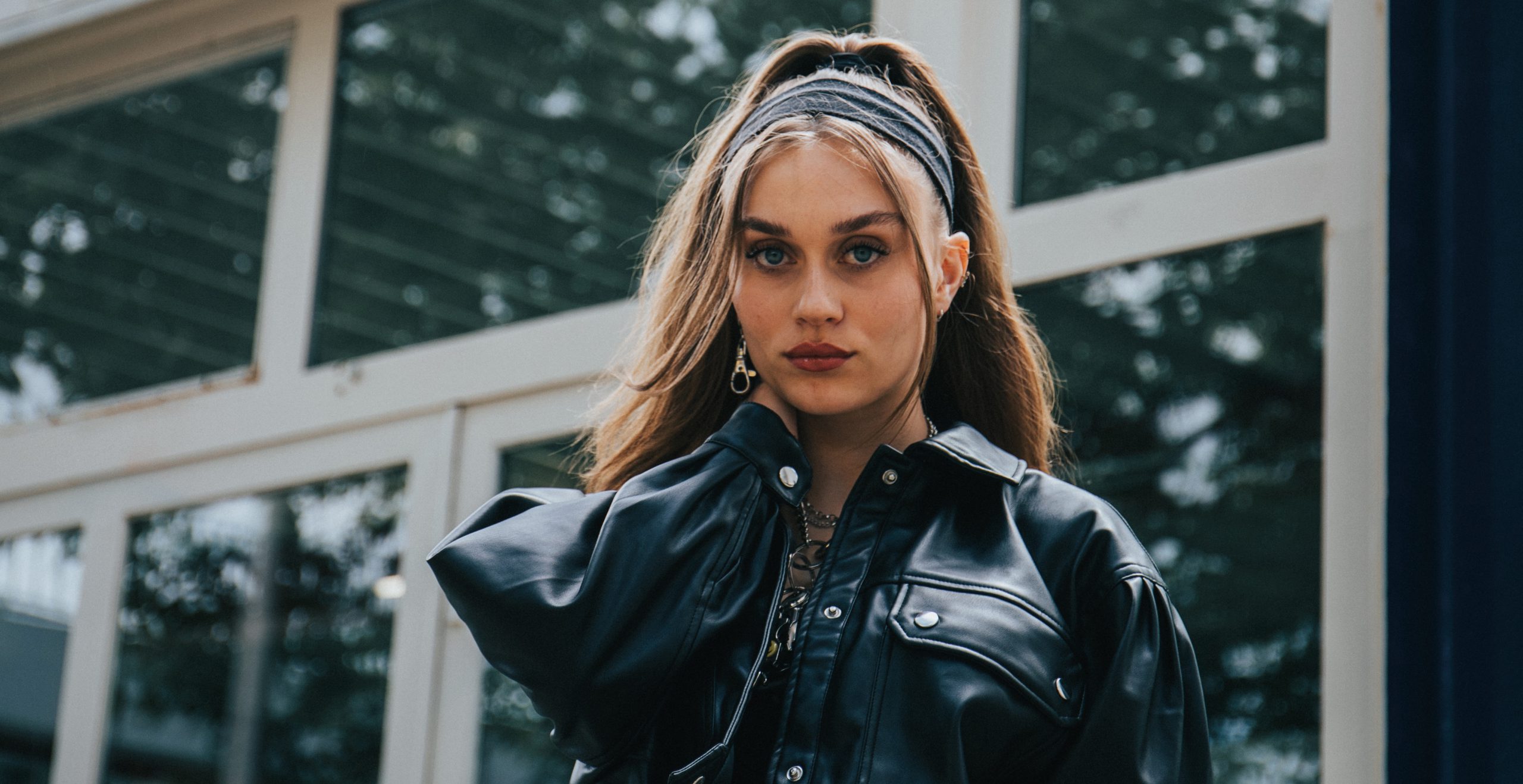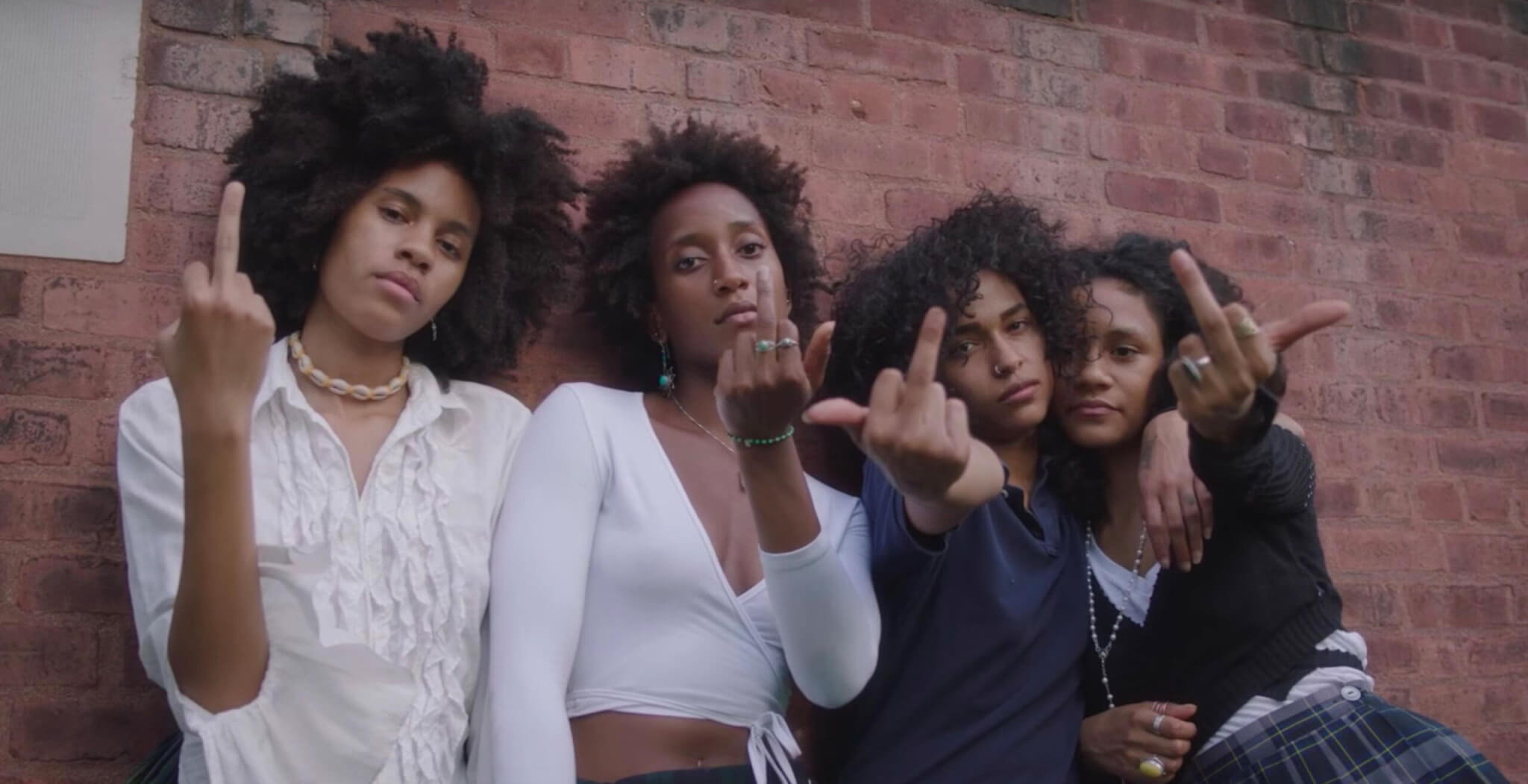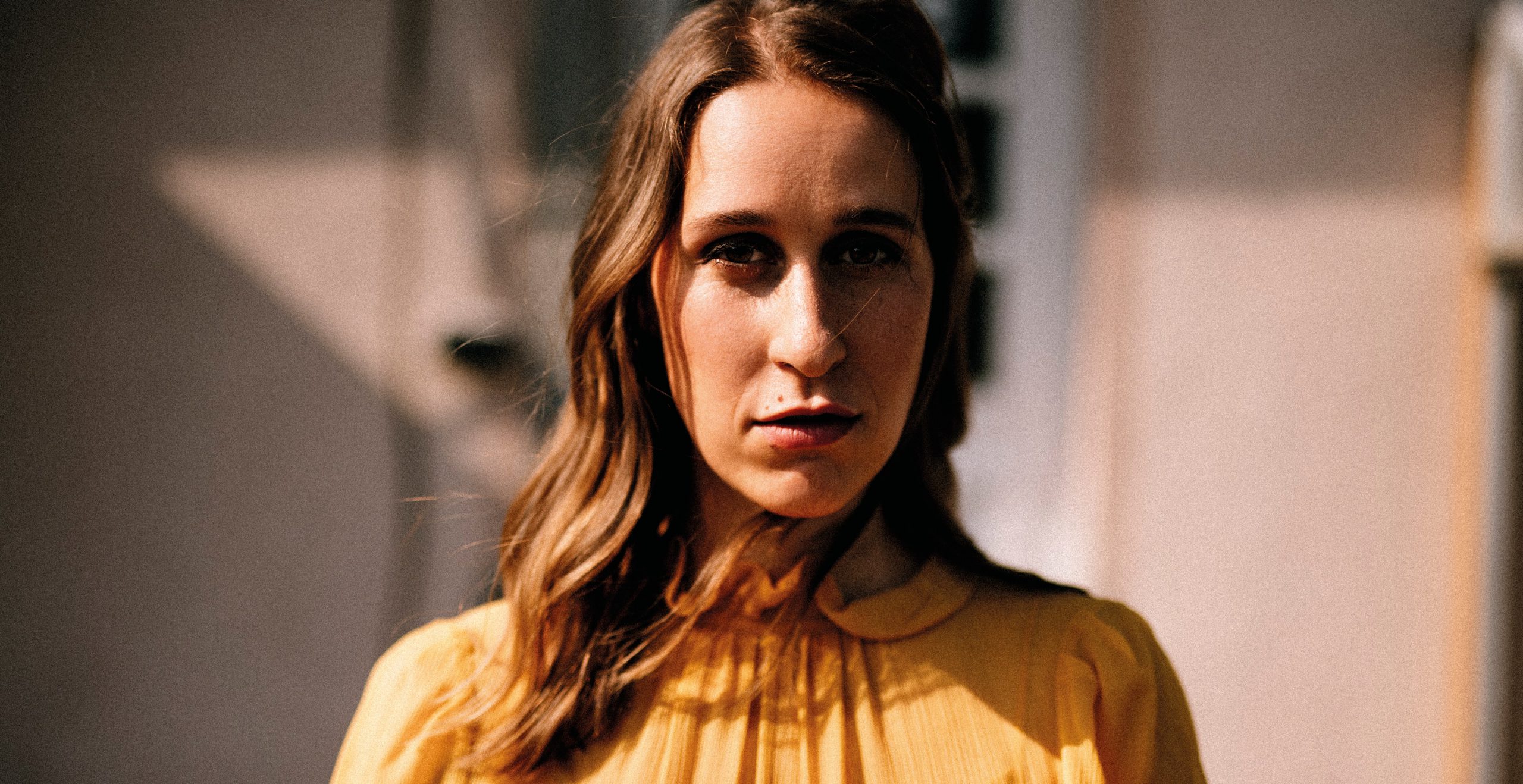SPOILER WARNING:
We can’t take any blame for spoiling “Beverly Hills, 90210”, because it premiered over thirty years ago. But we won’t spoil anything “Euphoria”-related. Maybe just a little.
”I’ll stick to my needle
And my favorite waste of time
Both spineless and sublime
Since I was born I started to decay
Now nothing ever ever goes my way”
Placebo – Teenage Angst (1996)
Teenagers have always been fantastic protagonists, and a good coming-of-age story is something we’re all fond of because the time growing up is such an important time that we will never forget. The stress and struggles of turning into adults can also turn that time into our personal hell. That’s what the 1996 Placebo song we quoted is about.
“The song is about the intense emotions we feel as teenagers, the way we have a tendency to close ourselves a bit, create our own little world. We’re adults trapped in kid’s bodies – we want to break out but everyone still treats us as kids,” says Placebo’s Brian Molko.
Always finding German words in the English language fascinating. I mean… isn’t there already the word “fear”? Why go for “angst” then? Austrian psychoanalyst Sigmund Freund first used the word in his works on the psyche to describe the overwhelming feeling of apprehension, anxiety, and inner turmoil.
In this edition of “Home Invasion,” we will deal with two quite different TV shows that both, in their time, gained massive cult followings by the same demography we are portraying – teenagers.
In the 1990s, “Beverly Hills, 90210” ruled the airwaves. The US teen drama that started in 1990 and ran for ten seasons was everyones guilty pleasure as teenagers, and the actors portraying the cast of young Beverly Hills beaus Steve Sanders (Ian Ziering), Kelly Taylor (Jennie Garth), Donna Martin (Tori Spelling), David Silver (Brian Austin Green), and the newly-arrived Minnesota-bred Walsh twins, Brendan and Brenda (Jason Priestly and Shannon Doherty), became our teen idols.
Quick side note: some of the actors portraying the 17-year old teens were already scratching the surface of their thirties when filming started. So much for authentic characters.
Alright, so never watched an episode when being younger, and due to unfortunate taste choices by my older sister, only German soap operas were playing in our living room. So we never had the joy of dreaming ourselves into Beverly High; we had to watch “Gute Zeiten, Schlechte Zeiten” (a terrible, terrible soap opera of which we have a frightening knowledge when it comes to all the seasons that were broadcast before we moved out of our parent’s house).
But of course, we knew what cultural heavyweight “90210” was. Even remembering an older friend religiously rewatching the series a couple of years ago, but we were never interested.
…Until you try watching “Euphoria” for the first time. Pew… that messed up.
FASCINATING actors, settings, and storylines portraying teenagers and teenage drama before. And never before had watching only one episode of a show left us feeling so down.
It’s not about shying away from teenage drama, but the despair and stories of each character leave us completely unsettled. Maybe it’s because we’re past our teenage years, and after some time on this earth, we recognize the actions of former friends and even ourselves in the show.
But before we come back to “Euphoria”…
You need some light entertainment, and after your girlfriends jokingly may suggested trying out “Beverly Hills, 90210,” you will be down to get in a better mood by watching teenagers enjoying their best life at the beach.
We did not expect to land face first in a PG-version of a Bret Easton Ellis story (If you want to read an awesome book, go for “Less than Zero.” Thank us later.) featuring themes of alcoholism, drug abuse, domestic violence, teen pregnancy, eating disorders, and every problem a teenager might encounter. The main cast (until season 4 and 5 when a Latin principal character is introduced) is entirely white, with David and Andrea being of Jewish faith. Antisemitism, therefore, is a topic we will encounter on several occasions during the seasons as well. Racism and homophobia are also touched in several episodes, but as we already mentioned, we have to keep in mind that the main cast is white, and racism cannot easily be solved by a big school dance choreography led by Tory Spelling.
…Except maybe if you are rich, white and live in Beverly Hills.
Don’t let the wackest and whitest anti-racism raps performed by Brian Austin Green fool you. He actually released several albums, performed at Soul Train, and his character David Silver is by far our favorite role. His ongoing storyline about his addiction to several drugs, his mental health, and his constant hustle to make it in the entertainment industry is by far the best. And we mean… it’s certainly always a win when we see him perform (Yeah, even the anti-racism song is so tacky, you can’t be mad at him).
Luke Perry and Jason Priestly became the show’s biggest stars, but while we love Dylan’s “rebel without a cause” attitude and his break up with his heartthrob Brenda with R.E.M.’s “Losing my Religion” playing in the background is one of the show’s most iconic scenes, we just can’t stand main protagonist Brendan Walsh. He is the smuckiest, most conceited, and toxic guy around. It seems that the ’90s had a thing for those kinds of people, but everything he does is so full of himself that we literally get physically ill from the thought that there are people like him.
Throughout the show, we see him constantly making advances towards poor, nerdy girl Andrea (he just needs the acknowledgment), cheating on his girlfriend while she almost dies in a fire, constantly chasing after his friends’ former lovers, and the list goes on. His hair is awesome though, but nowadays somebody with that kind of personality would not be the star of a show.
A crazy fact about Beverly Hills, 90210, and the biggest hurdle you have to clear to watch the show is how unbelievably the streaming offers suck.
What made the show always stand out was taking on problems that were labeled “too hot for TV” in the ’90s, but due to legal problems with the show’s soundtrack and certain explicit topics, a huge number of episodes are missing. It’s almost as if the streaming devices are trying to “censor” the most important storylines.
The story about David’s estranged best friend shooting himself – Gone.
Kelly’s cocaine-addicted boyfriend fleeing the police – Gone.
Donna almost getting sexually assaulted by a stalker – Gone.
And do you know who’s also missing?
Color me Badd, The Cardigans, Babyface, Powerman5000, and The Cramps are just a few of the ’90s heavyweight bands whose entire episodes were excluded from streaming.
Personally currently watching season 8 and recently the urge to try “Euphoria” came up again. Thinking it’s of bad taste to label “Beverly Hills, 90210” our gateway drug into “Euphoria” due to the show’s topics. But that totally hits the spot.
I’ll be honest… I knew that one day I would watch the show, and I certainly knew that I could not navigate through the internet over the next years without catching spoilers.
AND… we saw so many articles about fashion in “Euphoria” that we just had to give it another try. While “Beverly Hills, 90210” brought along some good ’90s fashion looks (we’re sure that some garments Luke Perry is wearing in earlier seasons are Stüssy, and seeing Nike Agassi sneakers is always nice), “Euphoria” was hailed as having constantly sick outfits spiced by brands like Stüssy, Aries, or Supreme.
But it’s not about fashion; it’s about the horrors of being a teenager, and not even clothing can solve this problem.
Not trying to spoil anything, but the first minutes of episode 1, wherein main protagonist Rue Bennet (portrayed by Zendays), tells her story and pictures of her birth go directly into shots of the World Trade Center collapsing on 9/11, are just breathtaking. A perfect allegory for a world gone mad, we all are unfortunate enough to be born in.
Since its debut in 2019, “Euphoria” (which is actually based on an Israeli miniseries of the same name) hits hard.
…Recovery from drug addiction, family trauma, abuse, more drugs, self-harm, more drugs, family, and sex. No glossy makeup as in “Beverly Hills,” though.
After coming home from rehab, Rue finds herself back in her hometown, living with her mother and younger sister. Her father died of cancer – a trauma she tries to numb by consuming.
Upon returning, she meets Jules (portrayed by Hunter Schafer), a transgender girl, she starts a relationship with. Jules instantly runs into trouble with High School athlete Nate Jacobs, the most despicable portrait of a teenage jock since ever.
His on and off girlfriend Maddy (Alexa Demie) and him are the perfect example of a toxic relationship with outcomes and consequences not only for them, you can’t imagine.
Time has changed since “90210,” and now in this day and time, where everybody has a smartphone, the prerequisites for drama seem to be more given. That’s what Kat (Barbie Ferreira) experiences when a cellphone video of her losing her virginity makes the rounds at her school.
Everybody just tries to navigate through their own personal hell.
Showrunner Sam Levinson was met with critical acclaim for this raw, realistic depiction, but he also faced criticism due to the explicit content. Levinson, who based parts of the show on his own experiences, agreed that “Euphoria” is a show for parents to “totally flip out over.”
His intention is to start a dialogue between parents and kids to cope with the problems tackled in the series. It has never been harder to be a teenager than today with the pressure of social media, beauty standards, and all those other demons slowly destroying our young psyche.
We were not ready when we tried watching it the first time, and Rue’s breakdown scene in the second season is one of the most hard-to-watch scenes ever on TV.
But being thankful for every minute of the show and we urge you to instantly watch it.
What we wish even more is for you to talk to a friend when you feel alone. Or for you to start a dialogue with somebody you know who seems like they need help. The problems all of us encounter are universal, and there’s no shame in asking for help sometimes or just a shoulder to cry on. We should have done so when we were young.
It’s the right thing to do.



























